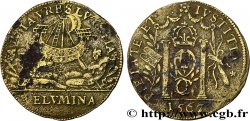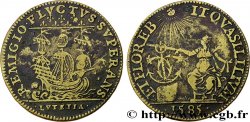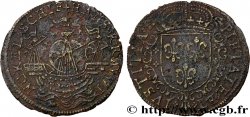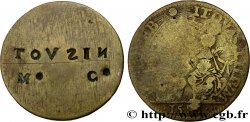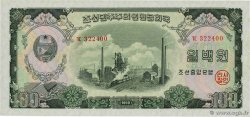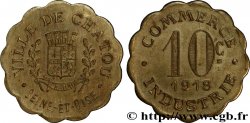Precedente 1/1
fjt_07104 - PARIS - LOCAL ADMINISTRATION Conseil du roi 1650
non disponibile.
Articolo venduto sul nostro negozio (2011)
Prezzo : 240.00 €
Articolo venduto sul nostro negozio (2011)
Prezzo : 240.00 €
Tipo : Conseil du roi
Data: 1650
Metallo : argento
Diametro : 27 mm
Asse di coniazione : 6 h.
Orlo : lisse
Grado di rarità : R2
N° nelle opere di riferimento :
Diritto
Titolatura diritto : NIL. NISI. CONSILIO.
Descrittivo diritto : Écu de France couronné avec le double collier.
Traduzione diritto : Rien sans le Conseil.
Rovescio
Titolatura rovescio : HAEC. REQVIES. MEA. HIC. HABITO ; À L’EXERGUE 1650.
Descrittivo rovescio : Vue de Paris avec les tours de Notre-Dame.
Traduzione rovescio : Ici mon repos, ici ma demeure.
Commento
Ce jeton rappelle le retour de la famille royale à Paris après la journée des Barricades. Le 26 août 1648, le peuple de Paris, irrité de l'arrestation des meneurs de l'opposition parlementaire (Potier de Blancmesnil et Pierre Broussel, conseillers au Parlement), éleva plus de six cents Barricades dans Paris. Ce fut le commencement de la Fronde. Charton, qui devait aussi être arrêté, réussit à s'échapper.
Les deux meneurs furent libérés le lendemain sous la pression de la rue..
This token commemorates the return of the royal family to Paris after the Day of the Barricades. On August 26, 1648, the people of Paris, angered by the arrest of the leaders of the parliamentary opposition (Potier de Blancmesnil and Pierre Broussel, advisers to the Parliament), erected more than six hundred barricades in Paris. This was the beginning of the Fronde. Charton, who was also due to be arrested, managed to escape. The two leaders were released the next day under pressure from the street.
Les deux meneurs furent libérés le lendemain sous la pression de la rue..
This token commemorates the return of the royal family to Paris after the Day of the Barricades. On August 26, 1648, the people of Paris, angered by the arrest of the leaders of the parliamentary opposition (Potier de Blancmesnil and Pierre Broussel, advisers to the Parliament), erected more than six hundred barricades in Paris. This was the beginning of the Fronde. Charton, who was also due to be arrested, managed to escape. The two leaders were released the next day under pressure from the street.








 Segnalare un errore
Segnalare un errore Stampate la pagina
Stampate la pagina Condividi mia selezione
Condividi mia selezione Fai una domanda
Fai una domanda Consegnare / vendere
Consegnare / vendere
 Descrittivo
Descrittivo